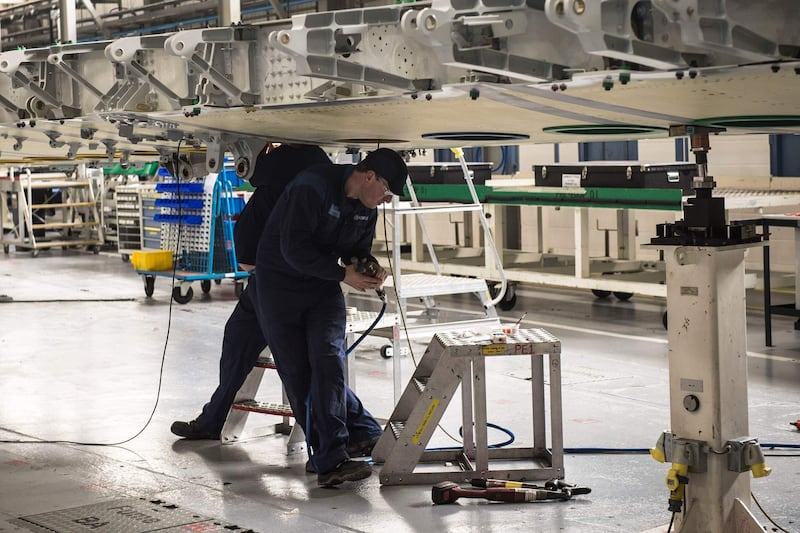Oil and gas companies must let go of the “illusion” of “implausibly large” carbon capture solutions, reduce their fossil fuel production and invest more in clean energy to align with international climate goals, the International Energy Agency (IEA) has said.
Assuming that fossil fuel consumption continues under current projections, the oil and gas industry would need to capture and store an “entirely inconceivable” 32 billion tonnes of carbon and remove 23 billion tonnes via direct air capture by 2050 in order to stop the global temperature rising 1.5C above preindustrial levels.
This would require more electricity than is used by the entire world today.
Oil and gas companies provide half of the global energy supply and employ nearly 12 million people worldwide, but they have been “a marginal force at best” in the clean energy transition, the IEA said, accounting for just 1% of renewable investment globally.
There needs to be half the 800 billion dollars (£637.6 billion) annual investment in fossil fuel production by 2030 and the industry must slash its own operational emissions by 60% while increasing the proportion of its capital spending on renewables from 2.5% to 50%, the IEA said.
Publishing its report ahead of the UN Cop28 climate talks in Dubai next week – where the event’s president is also CEO of the country’s national oil company – the IEA wants the fossil fuel industry to “make tough decisions” and use its wealth and skills to transition the world economy to renewable power.
IEA executive director Fatih Birol said: “The oil and gas industry is facing a moment of truth at Cop28 in Dubai.
“With the world suffering the impacts of a worsening climate crisis, continuing with business as usual is neither socially nor environmentally responsible.
“Oil and gas producers around the world need to make profound decisions about their future place in the global energy sector.
“The industry needs to commit to genuinely helping the world meet its energy needs and climate goals – which means letting go of the illusion that implausibly large amounts of carbon capture are the solution.”
The UN has calculated that current climate policies internationally have the Earth on track to warm by 3C, which scientists have said would be catastrophic for people and wildlife.
Almost every country pledged in the Paris Agreement to stop the Earth’s temperature rising by 1.5C as that gives the best chance of maintaining the safe climate that human civilisation has evolved in over thousands of years.
The IEA said some oil and gas will be needed even in keeping with the 1.5C target to ensure security of energy supply and to provide fuel for sectors that are difficult to decarbonise, but added that production must and will come down.
Its analysts project that global demand for oil and gas will peak by 2030 and if governments deliver on their stated climate pledges, this would fall 45% below today’s level by 2050.
To keep to the 1.5C target, oil and gas use would fall by more than 75% by 2050, meaning fossil fuel production will become less profitable and more risky.
Scotland’s only oil refinery at Grangemouth is set to close and become a fuels import terminal, with the owners citing market pressures from the global energy transition.
Kaisa Kosonen, policy coordinator at Greenpeace International, said: “The moment of reckoning has arrived for the oil and gas industry.
“Their smoke and mirrors game with carbon capture and forest offsets is no longer fooling anyone. Aligning with the Paris Agreement means scaling up renewable energy solutions while scaling back oil and gas operations, a message that needs to come clearly from governments at Cop28.”
Offshore Energies UK has been contacted for comment.








